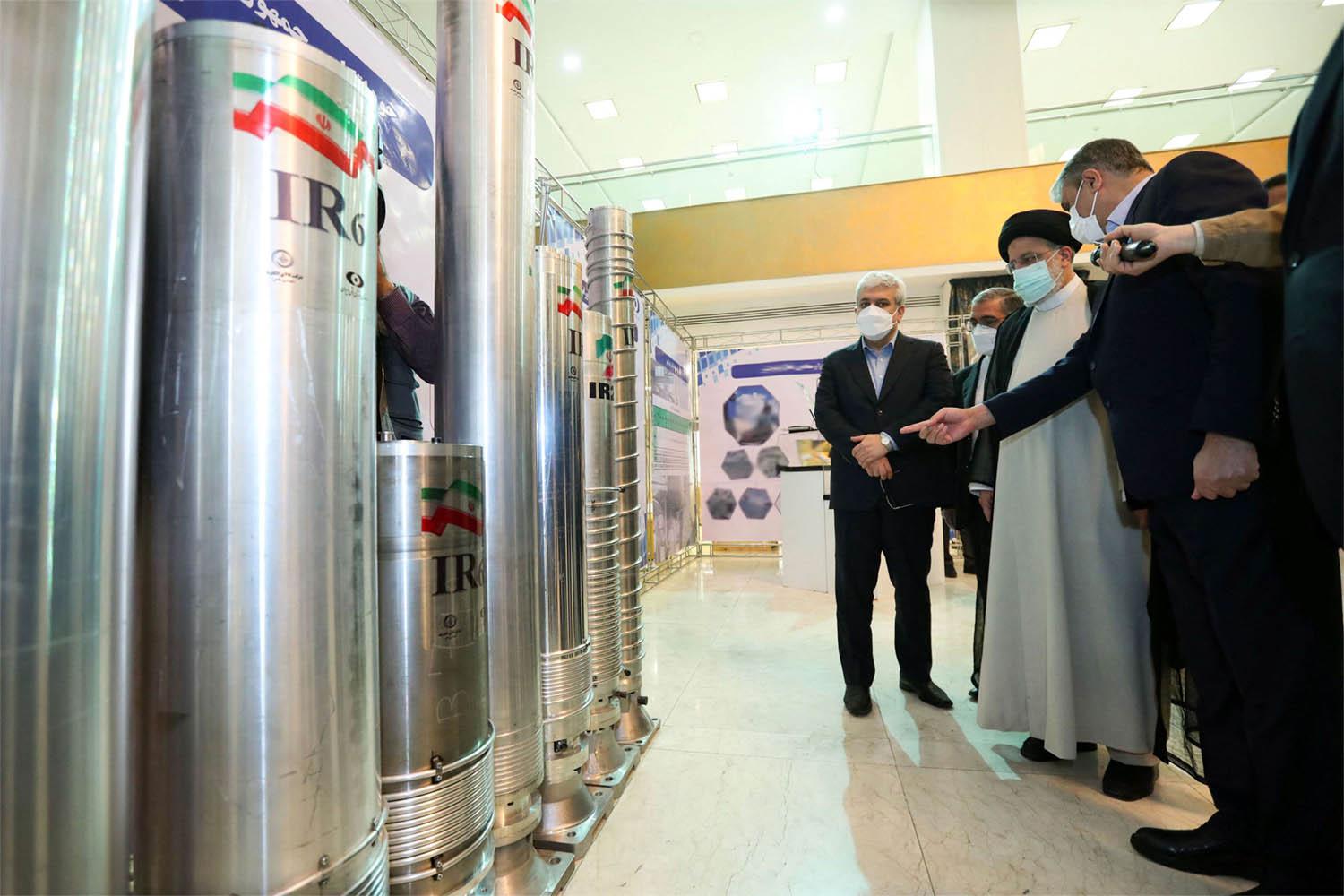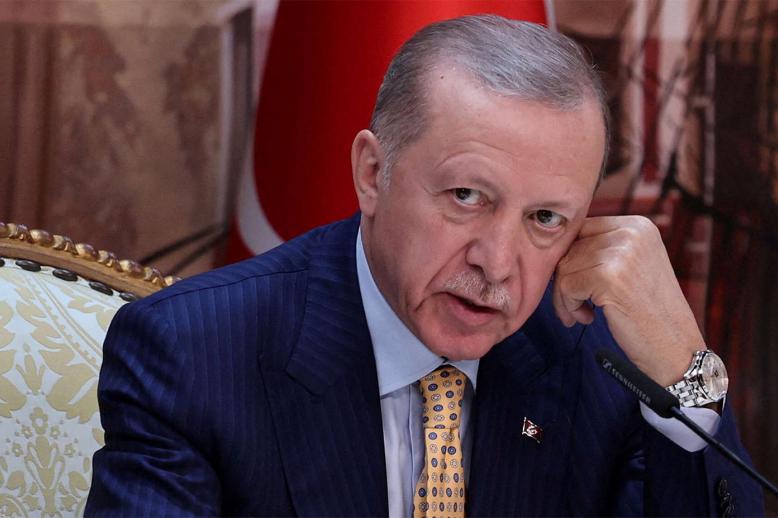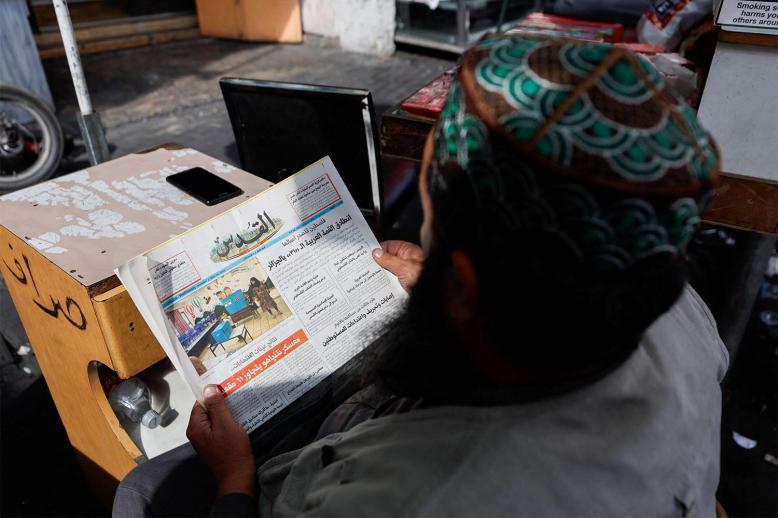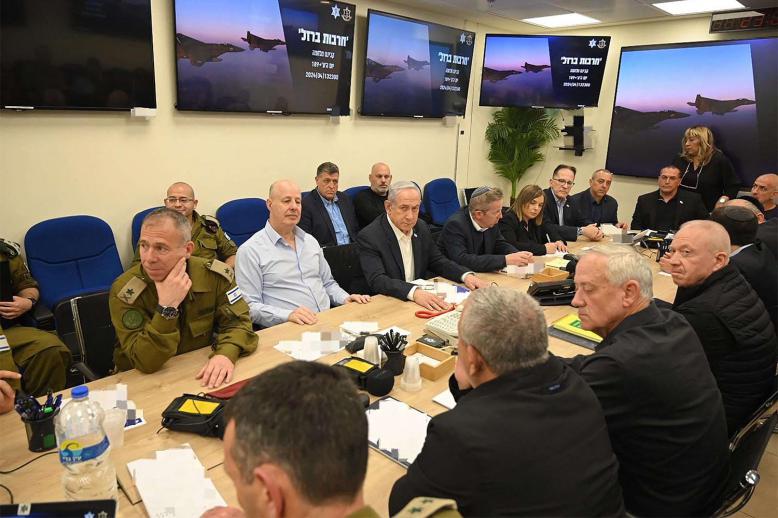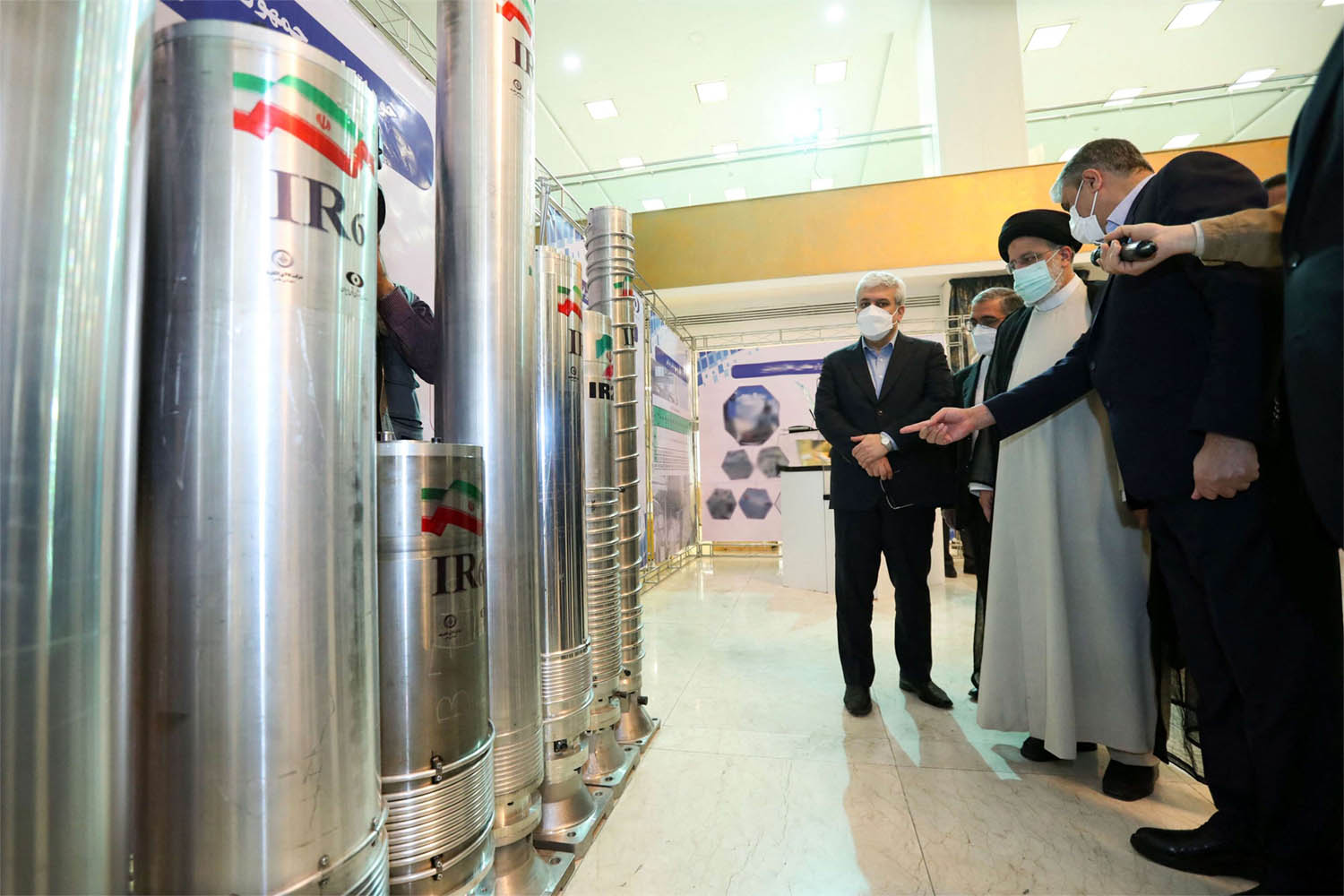The US’s ultimate test in the Middle East
Relations between the US and its allies in the Gulf Cooperation Council, particularly the UAE, are evidently described as a difficult stress test. However, this description also applies to Washington’s other allies in the Middle East. The US proves day after day that it ignores or disregards the views and concerns of its allies.
It is not about words, it is about actions, that is clear. While there has been recent talk of reaffirming the credibility of the US’ commitment to the security of its allies, it is going in exactly the opposite direction. Recently, US statements have been piling up that it is “understanding” allies’ concerns and emphasizing Washington’s commitment to their security.
Some observers and even US officials have taken this as a strategic repositioning or a rethinking of the declining priority of the Middle East in the US interest calculus. In reality, however, Washington’s behaviour reflects none of this. Rather, it repeats the same major mistakes that have already been made and that have led to deep fissures in US relations with its Middle East allies.
We are talking here about the 2015 Iran nuclear deal, when President Barack Obama’s administration at the time ignored the views of the Gulf Cooperation Council and Israel. All it issued were reassuring statements that served no real purpose. Then the administration signed this miserable agreement that has caused the worst strategic dilemmas in the Middle East to date.
There are a number of signs, indications and reports that suggest that the US will respond to Iran’s demand to remove the IRGC from its terror list.
Given the long record of such reports being nothing more than “balloon tests” to gauge certain reactions, deflect anticipated anger, or psych certain parties up to accept a position that Washington already knows is provocative, it is acceptable to treat these “leaks” as facts as long as they are not officially denied or different behavior is shown, especially given similar precedents of the US for doing so.
Israeli Prime Minister Naftali Bennett’s “concern” over Washington’s intention to respond to Iran’s “outrageous demand” to remove the Revolutionary Guards from the terror list certainly reflected the sentiments of other US allies in the Middle East. They all feel that the US is once again overriding their legitimate worries.
The US is on its way to reboot the scenario of the nuclear deal that former President Barack Obama’s administration signed with Iran in 2015 and that has caused most of the security dilemmas in the region so far. In his remarks, Bennett sought to underscore the serious threat posed by the Revolutionary Guards.
He pointed out that it is “largest and most murderous terrorist organization in the world.” However, dismissing the short-term influence of events and maintaining the objectivity of the researcher as much as possible, I cannot establish a specific hierarchy of terrorist organizations headed by the Revolutionary Guard simply because it is supported by the Iranian state.
And this is for the simple reason that if we lump the sources of danger together, we can face the terrorist threat with greater vigilance without blowing it out of proportion or understating it. All should be met with the same level of alertness, even though the people of the Gulf region are the most affected by the practices of the Revolutionary Guard and its scattered militias.
Realistically, a deal to revive the nuclear agreement, if reached on Iran’s reported terms, will clearly reflect the Biden administration’s lack of commitment to allies’ security. Disquiet will persist as the US ignores the concerns of its allies, bowing to Iranian pressure and pursuing a failed bet to neutralize or attract Iran in the game of multipolar competition.
This push, of course, completely misses the point. It is an illusion to believe that the Iranian regime can leave the past behind and move closer to the West. The mullahs’ pragmatism can hardly overtake an ideology that rejects moderation and coexistence, and the arsenal of ideological slogans they have used in recent decades, only to gain the friendship of those they regard as “the Great Satan.”
Certainly, the US faces a crucial litmus test in its relations with its allies in the Middle East. Although there are differences in the reliability and strength of the US alliance with the GCC countries on the one hand and Israel on the other, the terms of a possible nuclear agreement will inevitably affect all allies’ relations with Washington.
This makes building a regional defense alliance in the face of threats from expansionist powers a necessary way out to avoid becoming hostage to the Iranian threat, as Washington continues to ignore the concerns of its allies and pursue its interests without regard to how this will impact them.
Salem AlKetbi, UAE political analyst and former Federal National Council candidate

